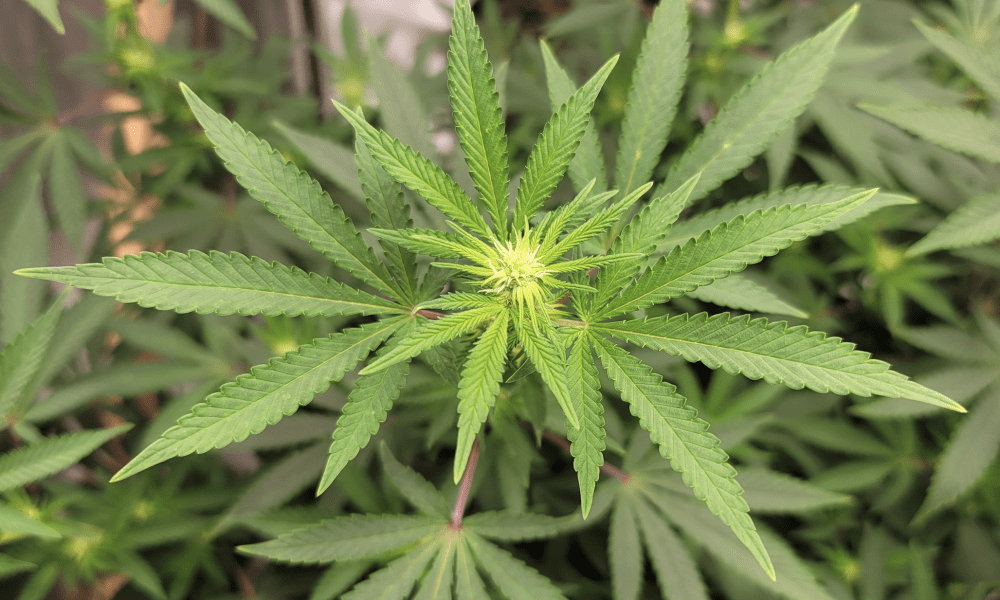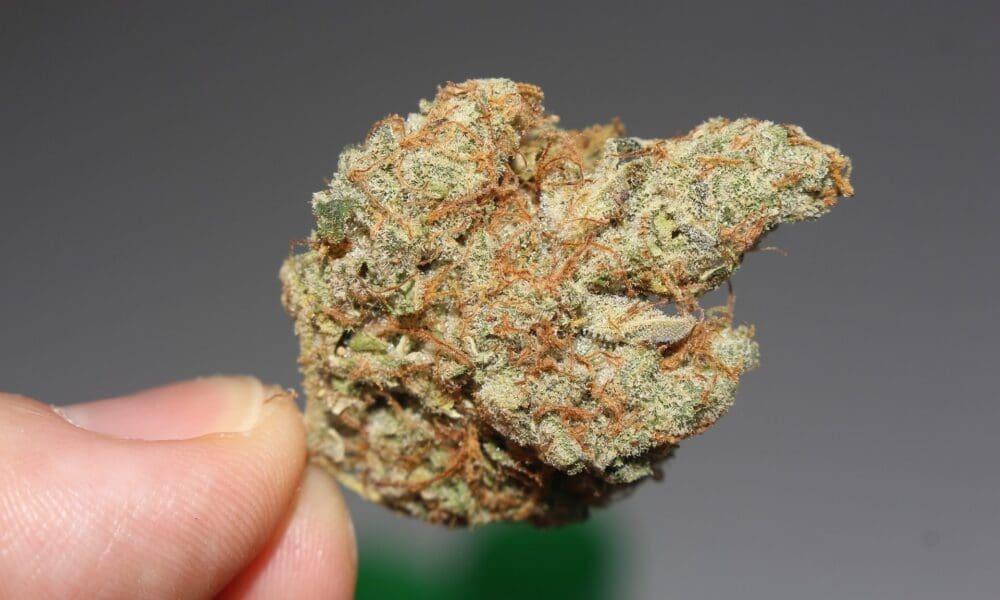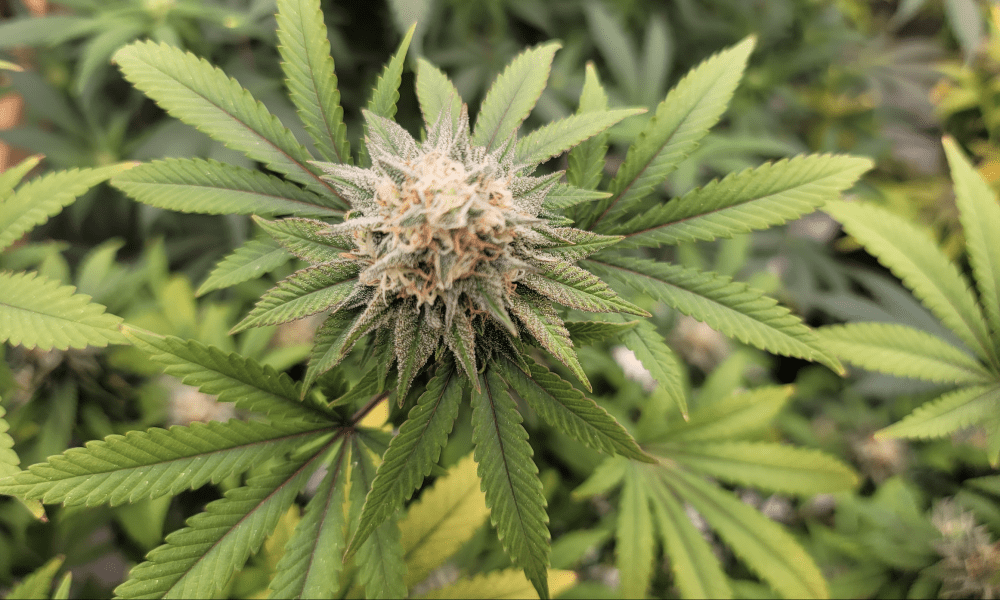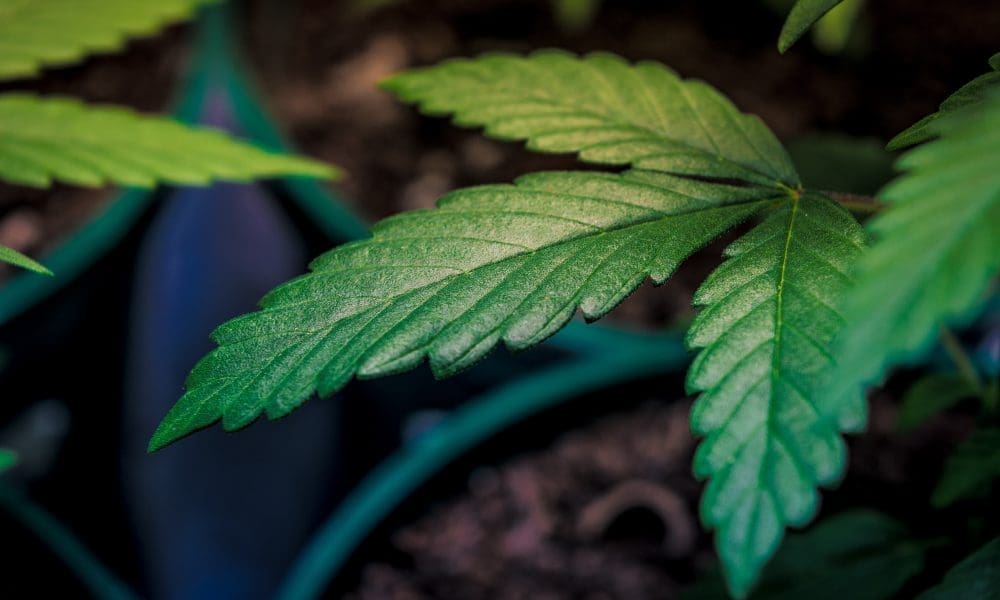Its crazy how the federal lawmakers are not going to allow the people to have the quality medicine they need. Home grow is the ONLY option other than small craft growers which may be priced out of the market to due over-regulation. .
We will have to see, but after thinking about it. I think the Feds will have their little Bull S**t Program through the FDA or whatever to allow it to be sold as a pharmaceutical in concentrate form. However the states will still be allowed to have their own adult-use regulations though a temporary law which is annually renewed which blocks funding for the justice department prosecuting state-legal cannabis activity.
Its going to continue to be different laws in different states in my opinion, which will continue to cause all the societal issues associated with prohibition.
We will have to see, but after thinking about it. I think the Feds will have their little Bull S**t Program through the FDA or whatever to allow it to be sold as a pharmaceutical in concentrate form. However the states will still be allowed to have their own adult-use regulations though a temporary law which is annually renewed which blocks funding for the justice department prosecuting state-legal cannabis activity.
Its going to continue to be different laws in different states in my opinion, which will continue to cause all the societal issues associated with prohibition.










